Apple thinks it's so far ahead of Samsung and Google, it... stopped innovating with iPhone 14?!
This article may contain personal views and opinion from the author.
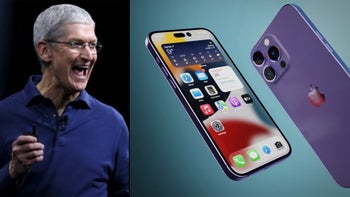
It has been the cliche in the media: every year some analyst would come up with an article slamming Apple for its lack of innovation and predicting doom and gloom on Cupertino. Usually, their words come back to bite them the following year when Apple breaks another sales record and posts yet another quarter of multi-billion dollar profits.
But this time, it's different. It's not any analyst predicting the downfall of the company (it seems most have learned their lesson in the last couple of years), it is the rumor mill that just a week before Apple's big iPhone 14 day stubbornly persists saying the iPhone 14 is not getting a new processor.
Important detail: the iPhone 14 Pro and Pro Max will get a new and faster chip like every year, but not the regular, non-Pro versions. And that is unprecedented!
This means that Apple will launch two of its most popular models, the iPhone 14 and the new iPhone 14 Max with basically the same processor as last year.
And you might argue that the new iPhone 14 Max will have a lower price and a large screen, a new combination for Apple, which will warrant excitement, but what about the 6.1" iPhone 14, the expected best-seller in the series? Here is a quick comparison between the iPhone 14 and its predecessor:
iPhone 14 vs iPhone 13 for dummies
- Same Apple A15 processor
- Same 6.1" OLED screen
- Same 128GB storage
- Same dual rear camera
- Same charging speeds
- Same battery size
How's that for a new release? These are clearly not official specs since the phone is yet to launch, but this is the picture that rumors persistently paint and it's not a happy one for users. If the new base iPhone launches like this, I'm not even sure it deserves to be called iPhone 13S, let alone iPhone 14.
Apple has stopped innovating?
If it looks the same, tastes the same, smells the same, it must be... the SAME!
You might be biased as hell in favor of Apple, but we doubt even the most loyal follower of the company can deny that the supposed iPhone 14 seems way too similar to the iPhone 13, or let's just be real and call it nearly identical! And the only logical conclusion from that is that Apple has... kind of stopped innovating.
But why?
We know perfectly well that the company has not stopped innovating altogether, it just seems to have decided to stop delivering its innovation to the cheaper iPhones and leave it only for the Pro series.
Is there really any viable explanation for the non-Pro iPhones not receiving the new Apple Bionic chip? Some may blame it on the chip shortage, but latest rumors claim the new A16 chip will be made using the same process as the previous one, so that doesn't really seem plausible. I might be missing something (please tell me in the comments if I do!), but this really seems like a strategic decision made by Apple rather than one dictated by circumstance.
So... Why?!
From the obvious to the hidden reasons why and all the consequences
So if it's a decision Apple made to break a tradition established from the very first iPhone from nearly 15 years ago, then... why?
Here is where speculations can run rampant and we may never know the real reason, but logic gives us one likely reason: because it can! Yes, Apple has had a performance lead over the competition for years, and over the past year, it's not like Android phones caught up. Quite the opposite. Samsung continues using the problematic, overheating Snapdragon 8 Gen 1 processor in its flagships and has not adopted the more efficient "Plus" version of the chipset. Samsung made Exynos processors used outside the US are further behind the Qualcomm ones. And Google is not really making giant strides in processing power with Tensor, even if it has good AI capabilities.
Put simply, even skipping one full year, Android phone makers will probably still not be able to catch up with Apple! It can really afford it.
The second reason is more sinister if you wish, but also makes a ton of sense.
Apple is always trying to improve its balance sheet, and what better way to improve it than increasing the share of expensive iPhones people buy? Widening the gap between the Pro and non Pro models by creating this separation in performance speeds will push more buyers into acquiring the pricier Pro model.
At the same time, it's probably not a coincidence that this exact year happens to be the one when the Pro models are also getting a $100 price bump (and Apple is likely to discontinue older Pro iPhones rather than slash their prices, leaving consumers little choice). Did you hear the ka-ching sound in your head already?
Or could it be that Apple is now focused on something else?
Mystery new product coming?
We can speculate about the reasons all day long, and while it could well be one or all of those reasons combined, it is also very possible that Apple has just switched its focus on something completely different and this new project is somehow connected to the iPhone and somehow it all makes sense in the grand scheme of things.
If only we could think of such a project... oh, well, of course we can, it's Apple's new mixed reality headset that everyone is talking about!
Rumors claim that Tim Cook and company may actually tease it or even completely unveil it next week, and expectations are that it will finally launch next year, so this might just be it.
It all remains a beautiful mystery until Apple finally unveils it and tells us a bit more, but chances are that this new project will work with iPhones, and more specifically, it might work best with Pro series iPhones. Just a speculation, of course, in our search of an answer to one of the most curious moves by Apple in recent years.
Or just finally, it might all come down to inflationary pressure and Apple attempting to not raise the price of its base iPhone further, hence the need to equip it with an older processor in order to protect its margins AND protect users' option to buy a base $800 iPhone. One very simple, yet also completely viable explanation.
Can the competition take advantage?
The chips are in place
The last question that I want to raise here is one of opportunity.
It's not every day that you get an iPhone that you can say has lost the ability to innovate, and this is a perfect moment for Android phone makers to make good use of that moment and seize the day.
The new Snapdragon 8+ Gen 1 processor has rave reviews, it performs very well, it doesn't throttle too much, it is power efficient, and it might just be Android's silver bullet.
We are already hearing reports about Samsung finally ditching the Exynos processors in its flagship Galaxy S series next year, but it might benefit even more with a late fall update of the S22 series, giving them this fresh boost of performance. We doubt it will as it will break its schedule, but it's one thing we wish it does.
Other companies can also use the opportunity: OnePlus has released a lackluster OnePlus 10T which lacks a proper camera system, and it could have been better prepared for this moment. It would also help to see a non-giant flagship phone from the company for once.
Xiaomi already has the 12S Ultra flagship, but it is so far only available in China and we feel it will have a huge impact if launched worldwide.
And the same opportunity manifests for other Android phone makers too. But will they take it?
Finally, let me know whether you agree that this is a historic opportunity for Android phone makers? And share your thoughts why Apple has decided NOT to give the iPhone 14 a new processor in the comments below!
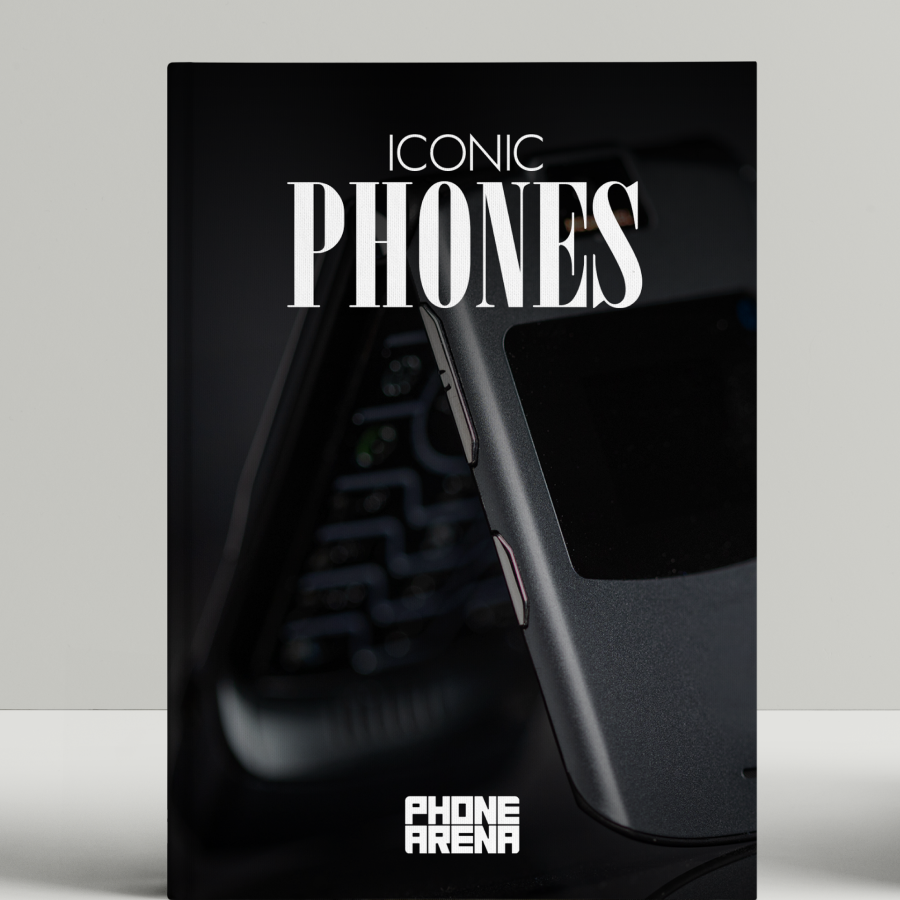
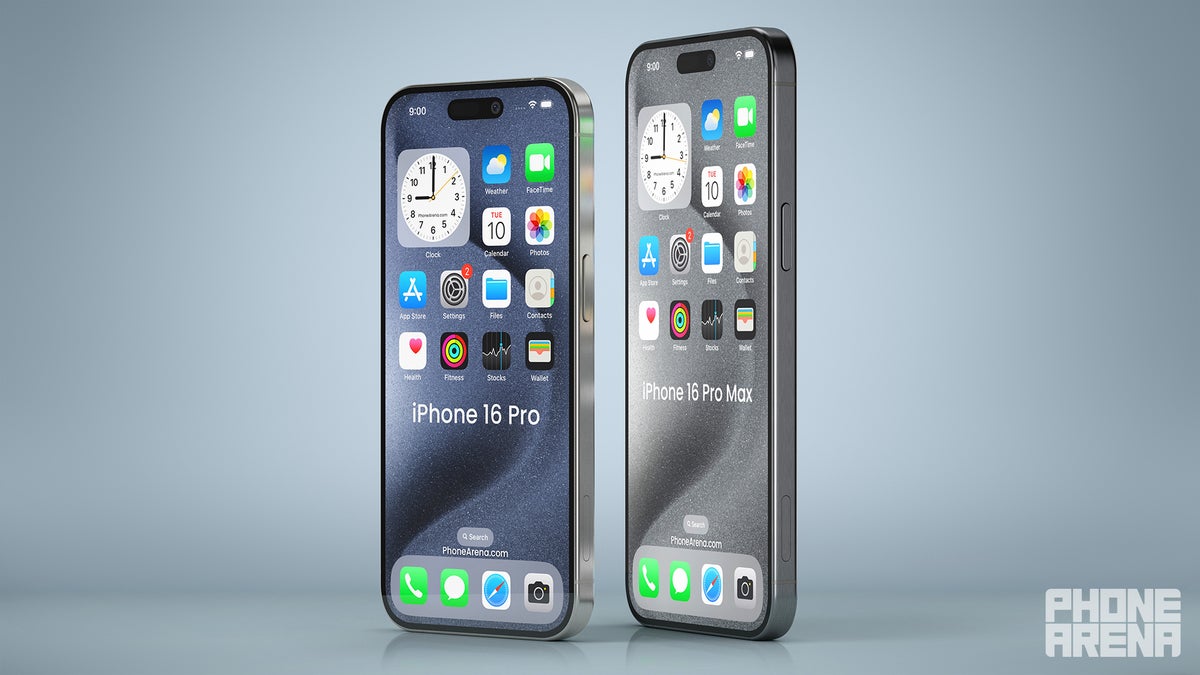

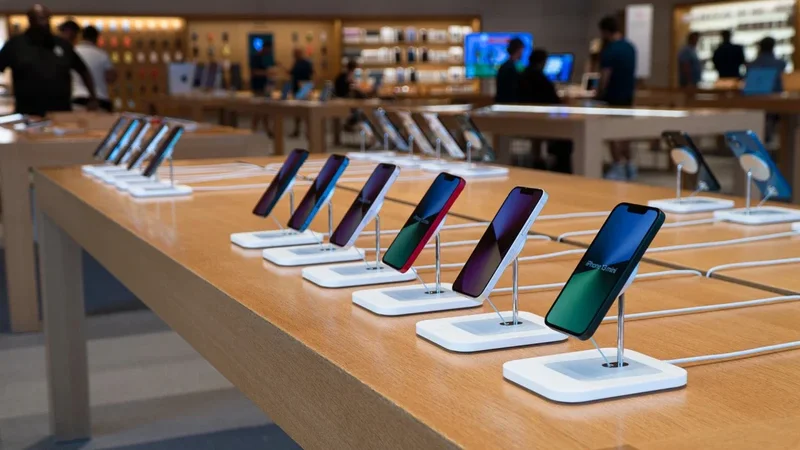
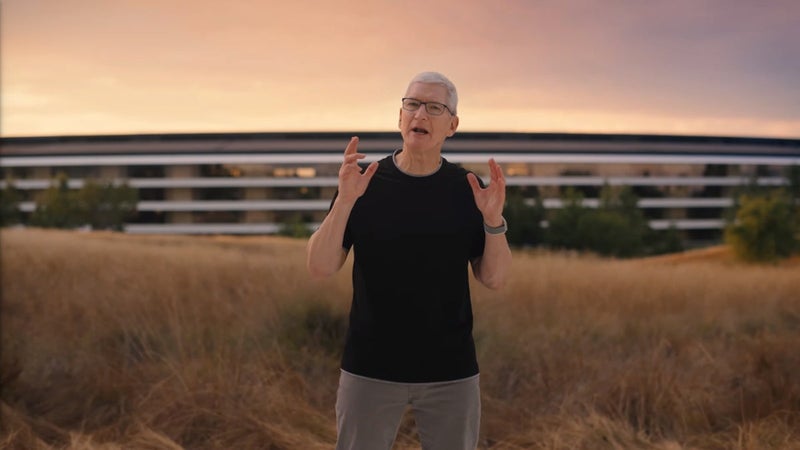

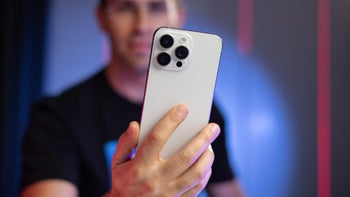
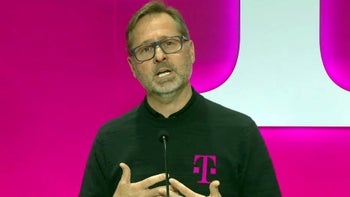

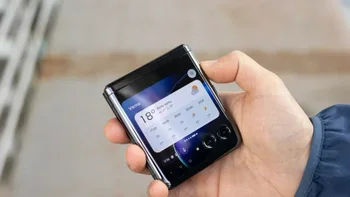


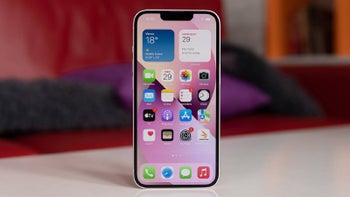
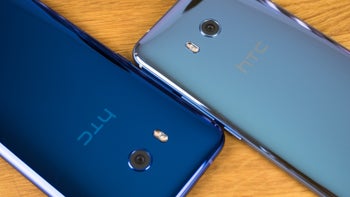


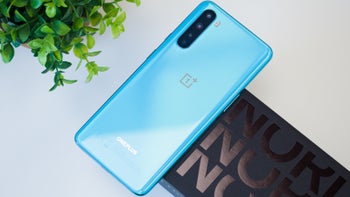

Things that are NOT allowed: